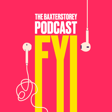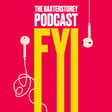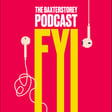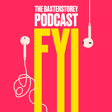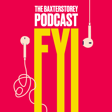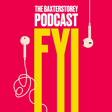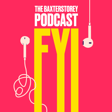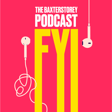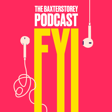
S2:EP8: MENOPAUSE UNWRAPPED: Empowering Wellness in the Workplace
In this special episode for Menopause Awareness Day, hosted by RISE and Women +, we tackle the vital topic of menopause in the workplace. Join host Sam Wakeham and our expert panel, featuring Lyndsey Oliver (Head of Equity, Diversity, and Inclusion at BaxterStorey), Lizzie Foskett (Head of Nutrition at BaxterStorey), and Melissa Tomsett (Head of Development at Kelly’s Cause), as they discuss the challenges, misconceptions, and practical solutions for supporting menopause in the workplace.
We'll explore the links between menopause and mental health, the importance of nutrition, and how to create a more inclusive environment at work. The panel shares real-life stories and expert advice to help colleagues and employers better understand and support those experiencing menopause.
Listen for actionable support on mental health first aid, peer support, and how dietary changes can help manage symptoms such as hot flushes, fatigue, and weight gain. This is a conversation you won’t want to miss, filled with insights to take back to your teams and businesses.
